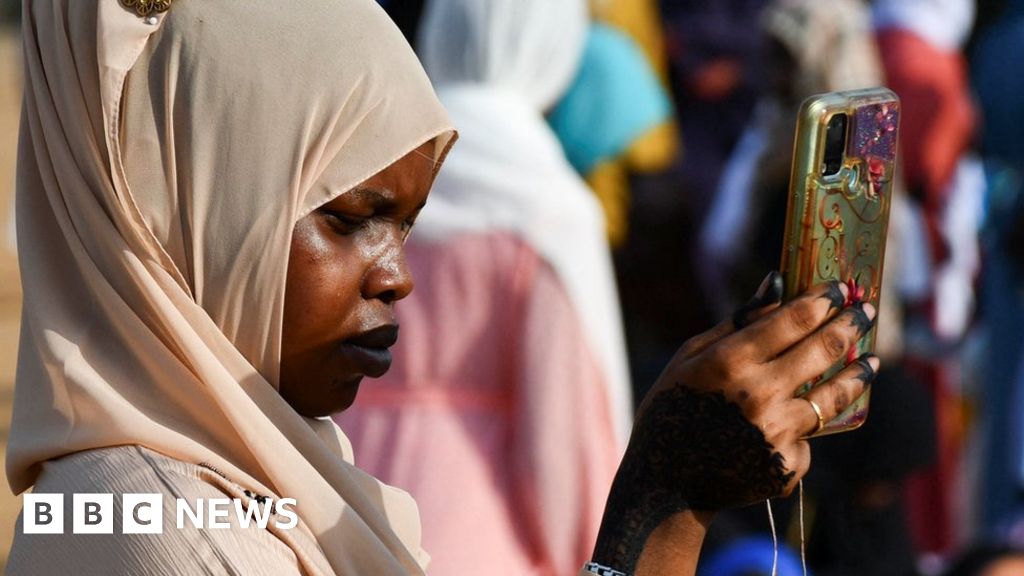

Sudan hit by internet blackout as civil war continues
Share your love
Sudan, a country in North-East Africa, is facing a crisis. Imagine waking up one day to find that your internet connection is gone. No emails, no social media, no access to online resources. This is the reality for many people in Sudan right now. As if things weren’t tough enough with the civil war raging on, the sudden internet blackout has made life even more difficult for the Sudanese people.
Civil war is when different groups within a country fight against each other. Sadly, Sudan has been dealing with this for a long time. The reasons behind the conflict are complex, but it often comes down to disagreements over power, resources, and identity. This ongoing struggle has led to violence, displacement, and suffering for many Sudanese families.
In the midst of this chaos, the internet blackout has added a new layer of hardship. The internet is like a lifeline for people all over the world. It’s how we stay connected with loved ones, access information, and even work or study. But for many Sudanese, that lifeline has been suddenly cut off.
Without internet access, communication becomes incredibly difficult. Families are unable to check in on each other, friends can’t reach out for support, and businesses struggle to operate. Imagine trying to run a shop or a school without the ability to send emails, process payments, or access online materials. It’s a huge challenge.
Not only does the blackout affect daily life, but it also has serious implications for human rights. In today’s world, access to the internet is considered a basic right. It’s a tool for freedom of expression, allowing people to share their thoughts and opinions with the world. When that tool is taken away, it’s a violation of that right.
Sadly, internet blackouts are not uncommon in countries experiencing conflict or political unrest. They’re often used as a way for governments to control information and suppress dissent. By cutting off access to the outside world, authorities can silence opposition voices and prevent news of human rights abuses from spreading.
But despite the blackout, the people of Sudan are resilient. They’ve faced adversity before and they’re determined to overcome it. In the absence of the internet, they’re finding other ways to stay connected and informed. Whether it’s through word of mouth, traditional media, or community networks, they’re refusing to be silenced.
International support is crucial in times like these. Organizations and governments around the world must speak out against internet blackouts and stand in solidarity with the people of Sudan. By raising awareness and putting pressure on those responsible, we can help ensure that basic rights are respected and upheld.
In the end, the internet blackout in Sudan is just another chapter in a long and difficult story. But it’s also a reminder of the resilience of the human spirit. Despite the challenges they face, the Sudanese people remain hopeful for a better future. And with support from the global community, that future may not be so far out of reach.